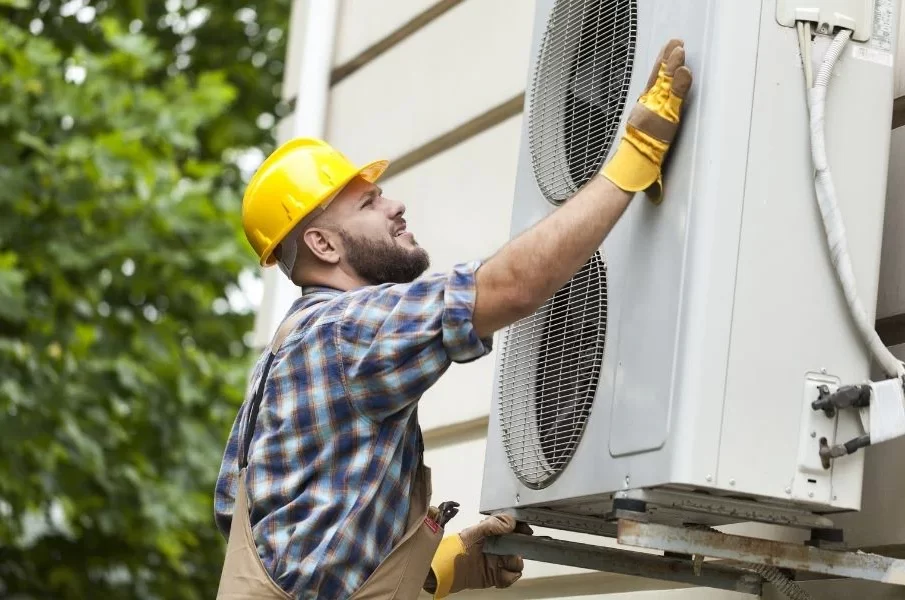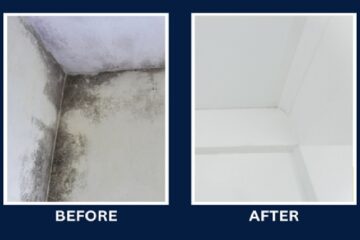The Essential Guide to Air Conditioning Repair: Keeping Cool with Gas Heater Repair

In the scorching heat of summer or the biting cold of winter, a malfunctioning air conditioning system or gas heater can quickly turn your home into an uncomfortable environment. Fortunately, timely repairs can restore comfort and efficiency to your HVAC system. In this comprehensive guide, we’ll delve into the intricacies of air conditioning repair, with a special focus on gas heater repair, to help you understand the process and ensure your home remains a haven of comfort year-round.
Understanding Air Conditioning Systems
Before diving into repairs, it’s essential to grasp the fundamentals of how air conditioning systems work. An air conditioner consists of several components, including the compressor, condenser, evaporator coil, and refrigerant. These elements work together to remove heat from indoor air and transfer it outside, cooling your home in the process.
Common Air Conditioning Issues:
- Refrigerant Leaks: Low refrigerant levels can hinder your AC’s cooling capacity and lead to inefficient operation. Repairing leaks and recharging refrigerant levels is crucial to restore optimal performance.
- Faulty Compressor: The compressor is the heart of your air conditioning system. Issues such as electrical failure or mechanical malfunctions can disrupt the cooling process and require professional attention.
- Clogged Air Filters: Dirty or clogged air filters restrict airflow, reducing system efficiency and potentially causing damage to other components. Regular filter replacement is essential for maintaining optimal performance.
- Thermostat Problems: Incorrect thermostat readings or malfunctions can result in erratic cooling cycles or failure to maintain desired temperatures. Calibrating or replacing the thermostat may be necessary to resolve the issue.
Gas Heater Repair: In addition to air conditioning systems, gas heaters play a vital role in keeping homes warm during the chilly months. Understanding common issues with gas heaters can help you identify when repairs are needed:
- Pilot Light Problems: A malfunctioning pilot light can prevent the heater from igniting properly. Cleaning the pilot assembly or replacing a faulty thermocouple can often resolve this issue.
- Ignition Issues: If your gas heater fails to ignite, it could indicate problems with the ignition system, such as a faulty igniter or gas valve. Professional diagnosis and repair are necessary to ensure safe operation.
- Heat Exchanger Damage: Cracks or corrosion in the heat exchanger can pose serious safety risks, including the risk of carbon monoxide leaks. Prompt repair or replacement of the heat exchanger is essential to prevent health hazards.
- Inadequate Heating: If your gas heater struggles to heat your home effectively, it may be due to issues with the burner or airflow. Cleaning or adjusting these components can often improve heating performance.
The Importance of Professional Repairs
While DIY enthusiasts may be tempted to tackle air conditioning or gas heater repair themselves, it’s important to recognize the complexities involved and the potential risks of amateur work. Professional HVAC technicians have the training, experience, and specialized tools needed to diagnose and repair issues accurately, ensuring your system operates safely and efficiently.
Conclusion
Maintaining a comfortable indoor environment requires attention to the condition of your air conditioning and gas heating systems. By understanding common issues and the importance of professional repairs, you can ensure that your HVAC system operates reliably year-round. Whether you’re facing a refrigerant leak in your AC or a pilot light problem with your gas heater, timely repairs are essential for restoring comfort and peace of mind in your home.











